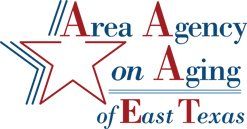How to Support Older People during the Pandemic: 3 Tips
Education Development Center • April 15, 2020
Keeping older people connected during COVID-19 is essential as we face weeks of social distancing.
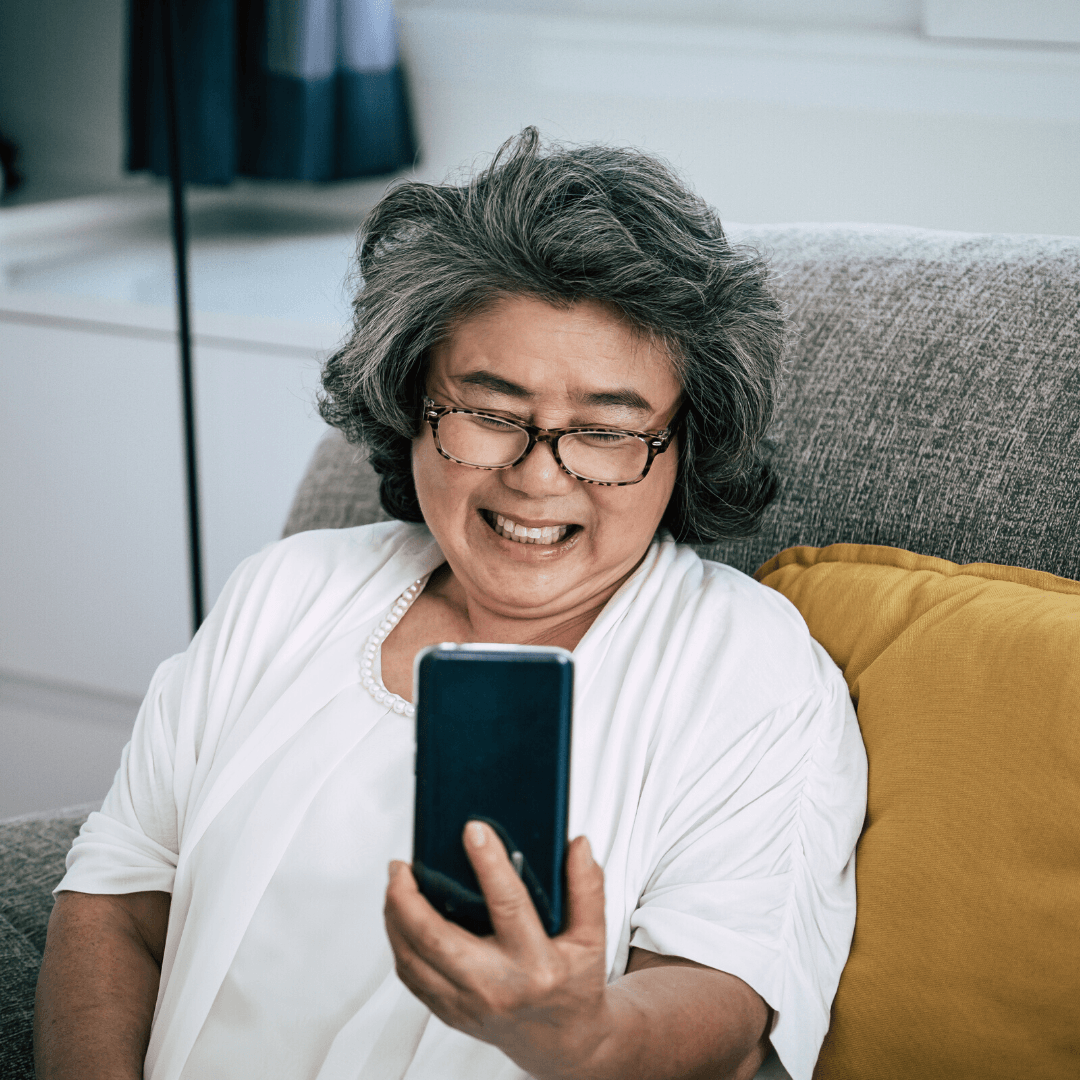
People aged 60 and over are at the highest risk of experiencing significant health complications due to the COVID-19 outbreak. But the keys to preventing the spread of the coronavirus—quarantine and self-isolation—also have negative health impacts for their physical and mental health.
“Being socially isolated creates a health risk equivalent to smoking 15 cigarettes a day,” says Rebecca Jackson Stoeckle, who directs EDC’s initiatives in health, technology, and aging. She adds that the pandemic will also cause interruptions in how many older adults access their health care needs.
For example, “If you are an older adult who routinely goes to the local senior center to get your blood pressure checked, and that center is now closed, how will you monitor your health?” Stoeckle asks.
As the world tries to adapt to the new social realities imposed by COVID-19, it is essential that older adults continue to feel connected to loved ones, friends, and caregivers around them. Here, Stoeckle offers three tips for making this happen.
1. Embrace technology
Stoeckle says that the fact that more and more older adults are embracing mobile phones, social media, and online tools is a boon at a time when physical proximity to loved ones can actually be harmful to older adults’ health. She encourages families to use technology tools to stay in touch with each other.
Regular routines can be altered to include technology. For instance, families can use Skype to enable an older relative to join them for dinner or read bedtime stories.
“I see this as an opportunity for bonding, especially if a grandchild offers to talk to their grandparents through setting up a Skype account so they can see one another,” says Stoeckle.
2. Use existing support networks to stay active
Many older adults already have structures that help support their physical and emotional health and wellness—including faith communities, neighborhood or exercise groups, or even weekly bridge games with friends. In a time of social distancing, these networks can help older adults continue to feel connected, even if the events themselves are not happening.
Stoeckle recommends that loved ones check in with older adults about their support networks, and help them find ways to stay connected to these groups and routines. Some religious and civic organizations may already have a plan in place for reaching out to older adults in their community. If so, make sure that the older adults know that too, and help them connect with whatever services may be available.
Informal support networks may be harder to replicate, but it’s not impossible. For example, there are plenty of fitness apps that can help older adults stay active, even if they are not going to their weekly swim or Zumba class. And while card games may be harder to do virtually, keeping the routine of getting together with friends—even if it is only over the phone or Skype—is still valuable.
“The most important things are the human-to-human touch and helping people who live alone,” says Stoeckle. “I think we all need to identify people in our building, in our neighborhood, or in our life who may be vulnerable, and we have to make sure they are in touch with someone on a regular basis.”
3. Connect, connect, connect
Finally, Stoeckle says that the most important way to support older adults during this time is to connect however possible. Whether it’s a video chat, phone call, written letter, or even a text, those messages are vital to fostering connectivity and community.
“In many independent living communities, many people have a phone buddy—someone they talk to every day,” she says. “I’m hearing a lot of people say that they are going to start doing that with their loved ones now.”
Stoeckle stresses that even simple connections can be powerful—and that phone calls and text messages may be easier to continue for the long term anyway, once the need for virtual get-togethers fades away.
“In times like this, we feel the value of human connection even more powerfully,” Stoeckle says.
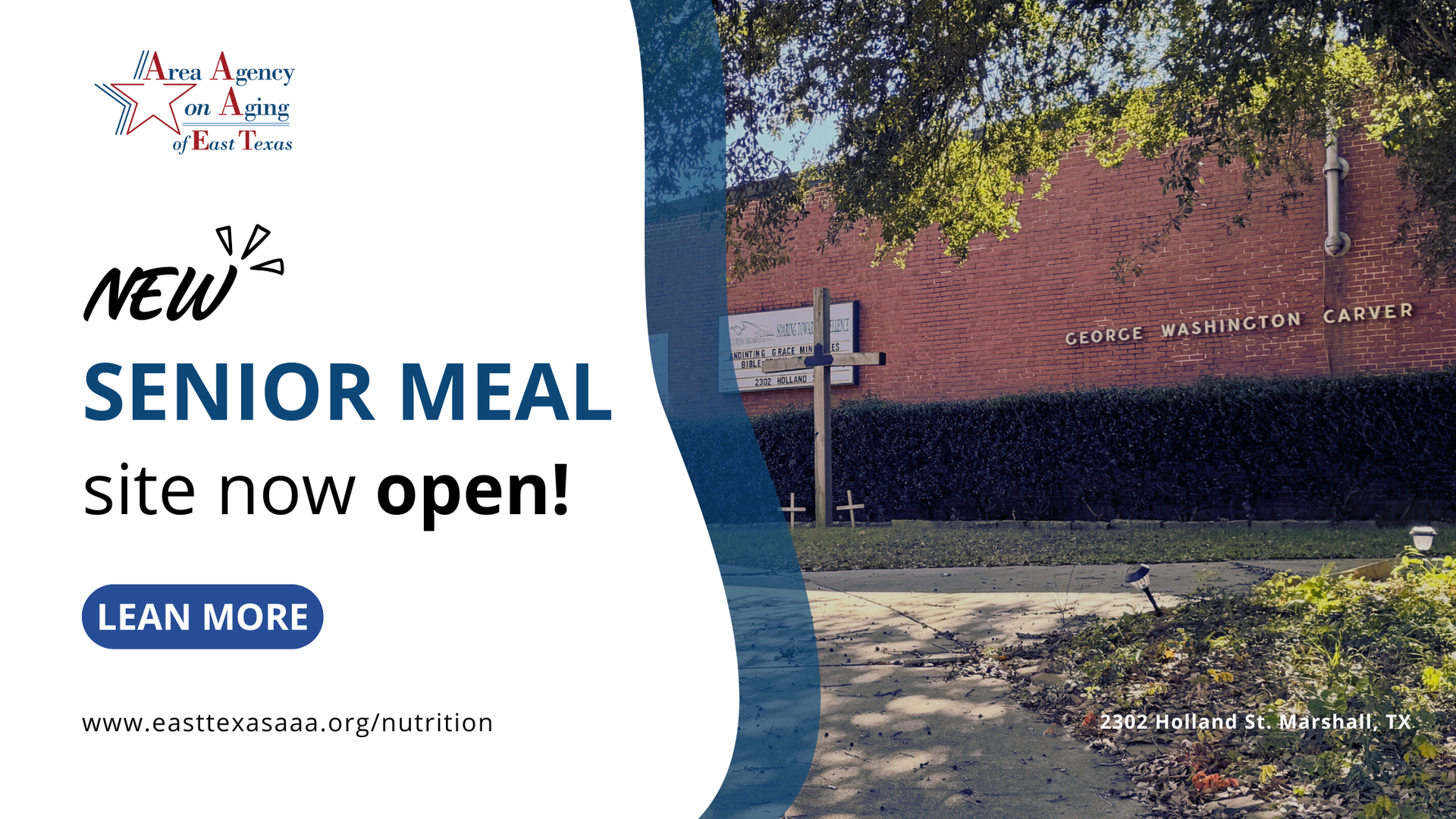
The Area Agency on Aging of East Texas (AAA) opened a new congregate meal site in Marshall on Monday, December 15th. Older adults, aged 60 and up, eligible for the Senior Nutrition Program will be able to enjoy a hot lunch, good conversation, and a friendly place to gather. Location George Washington Carver Community Center 2302 Holland St Marshall, TX 75670 Meal Hours Monday–Thursday 11:00 AM–12:30 PM Phone 903-923-8410 The Senior Nutrition Program supports adults age 60 and older through both congregate meals and home-delivered meals. These meals follow dietary guidelines and help older adults stay connected and healthy. For folks who can’t travel, home-delivered meals bring food, a wellness check, and a bit of company to their door. How to Enroll Adults age 60 and older can join the Senior Nutrition Program by contacting the provider for their county listed at: easttexasaaa.org/nutrition , or by receiving a referral from AAA staff. Caregivers who care for someone receiving home-delivered meals may also be referred for services by calling AAA. The Carver Community Center site will give more Marshall and Harrison County residents a place to eat, visit, and keep a steady routine. If you or someone you know could benefit, contact the AAA for assistance!
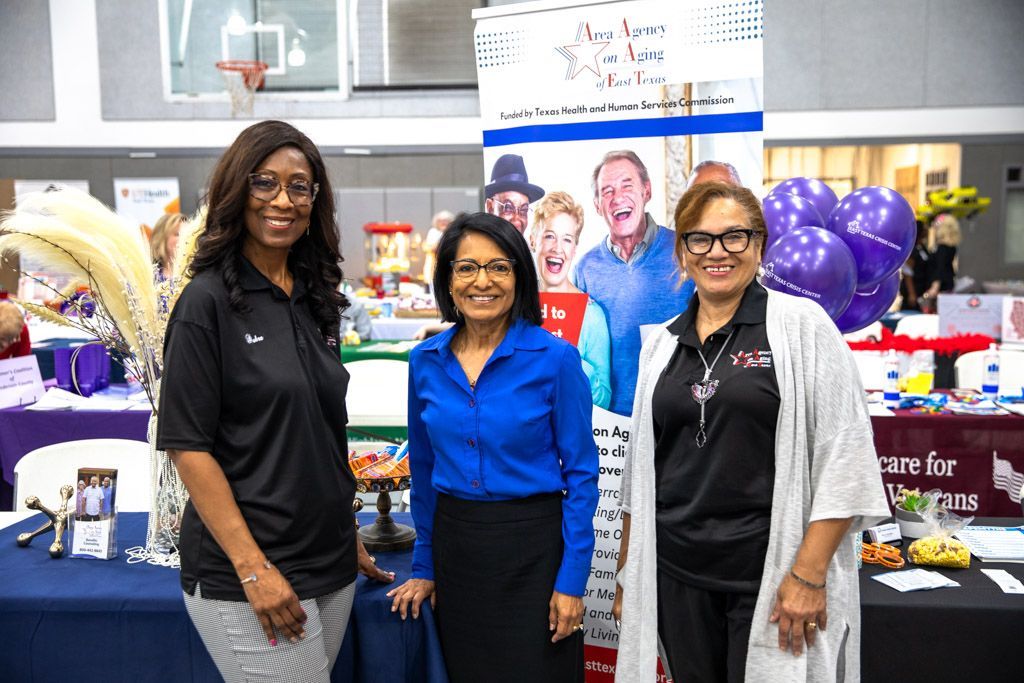
Medicare Open Enrollment runs from October 15 until December 7, and people with Medicare will have more coverage options to consider. Plan costs and covered benefits have changed, so our Area Agency on Aging of East Texas (AAA) is offering benefits counseling assistance to encourage Medicare recipients to review their coverage choices and decide on the options that best fit their health needs. The changes Medicare recipients can make during Open Enrollment include: Joining a new Medicare Advantage Plan or Part D prescription drug plan Switching from Original Medicare to a Medicare Advantage Plan Switching from a Medicare Advantage Plan to Original Medicare (with or without a Part D plan) “Medicare Open Enrollment allows you the opportunity to review your healthcare plan and check on your financial well-being, which could also help save costs and coverage,” says AAA Benefits Counselor Nellie Spencer. “Call us and talk to an unbiased, qualified Benefits Counselor. We are also your State Health Insurance Assistance Program (SHIP) and available free of charge to go over your options.” For assistance, please call the Area Agency on Aging at 1-800-442-8845 to speak to a qualified benefits counselor. Appointments can be made over the phone, in a virtual meeting, or in person. Local Open Enrollment presentations: Benefits counselors will also be available for appointments at these community events during the Open Enrollment period. To reserve your spot, call the Area Agency on Aging at 1-800-442-8845. Walk-ins will be accepted. Palestine Resource Center for Independent Living, 421 Avenue A, Palestine, TX Date: Tuesday, November 4th Time: 9:00 am-3:00 pm George Washington Carver Community Center, 2303 Holland St., Marshall, TX Date: Thursday, November 6th Time: 10:00 am-2:00 pm Mt. Zion C.M.E. Church, 104 State Hwy. 64, Ben Wheeler, TX Date: Thursday, November 13th Time: 1:00 pm-3:30 pm First Christian Church, 1920 Beaumont St., Jacksonville, TX Date: Thursday, November 20th Time: 9:00 am-12:00 pm Be on alert for these Medicare Open Enrollment scams: There are no "limited time offers." Medicare or a health plan calls and wants to send you a new health card for $299. You receive a call about a refund from last year's premiums or your drug plan cost. An agent tries to sign you up for a plan that you don't need, isn't right for you, or doesn't even exist. Watch out for fake RX cards offering significant discounts with little or no benefits. You receive a call offering significant discounts on a new health insurance plan. Agents can NOT cold call you. Tips on how to stop fraud during Open Enrollment: If it's "too good to be true," it probably is. Don't trust all the ads you see on TV. Review the plan BEFORE you join. Even if you're not switching, review your current plan to ensure it covers your doctors. Medicare will never call or visit. Medicare will only send information via postal mail service. Guard your Medicare card and number like a credit card. Don't give out your Medicare number except to your doctor or other providers. Don't let someone push you into making a fast decision. If you receive a call, especially from a number you do not recognize or anyone requesting personal information, hang up immediately. Know your health care options. Get help from your family, the Medicare website, or your local State Health Insurance Assistance Program (SHIP), which for East Texas is the AAA. No health care plan is allowed to cold call. Medicare plans can be viewed and compared at www.medicare.gov .


